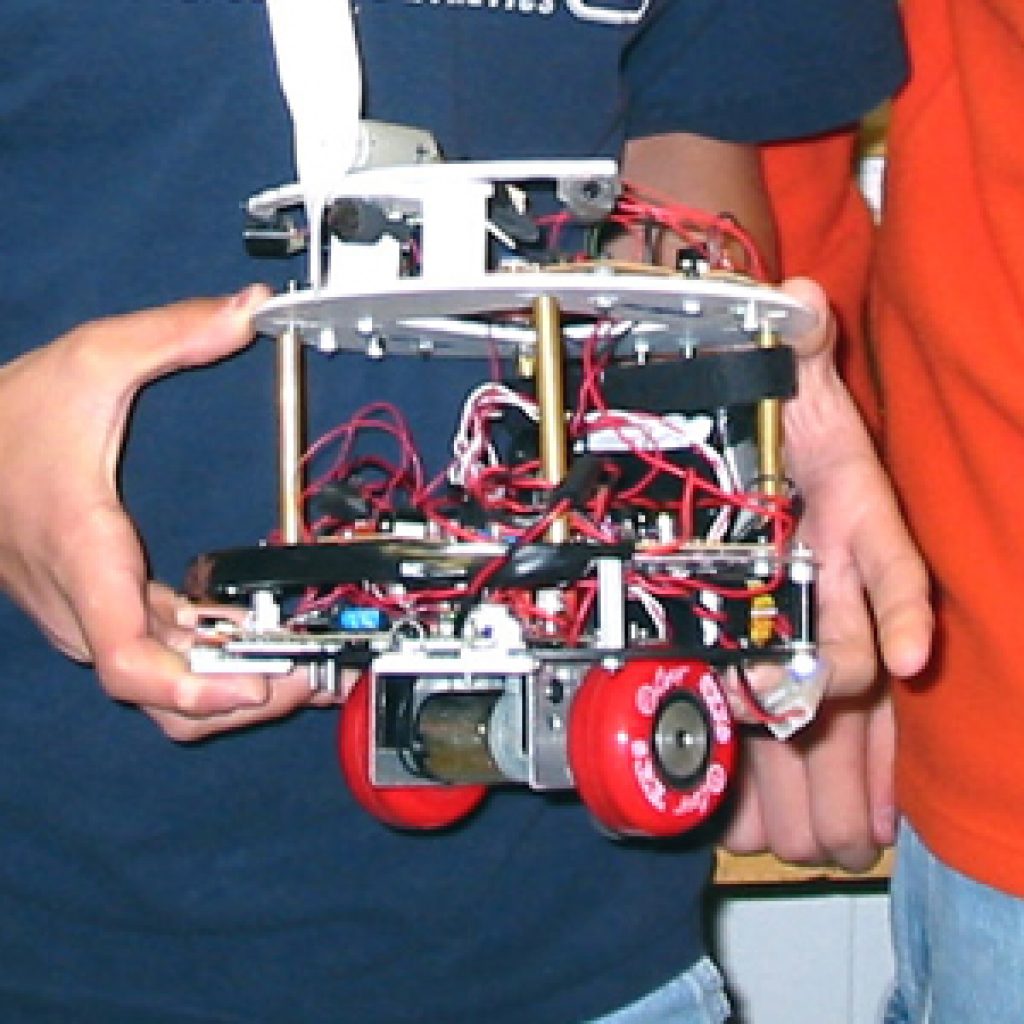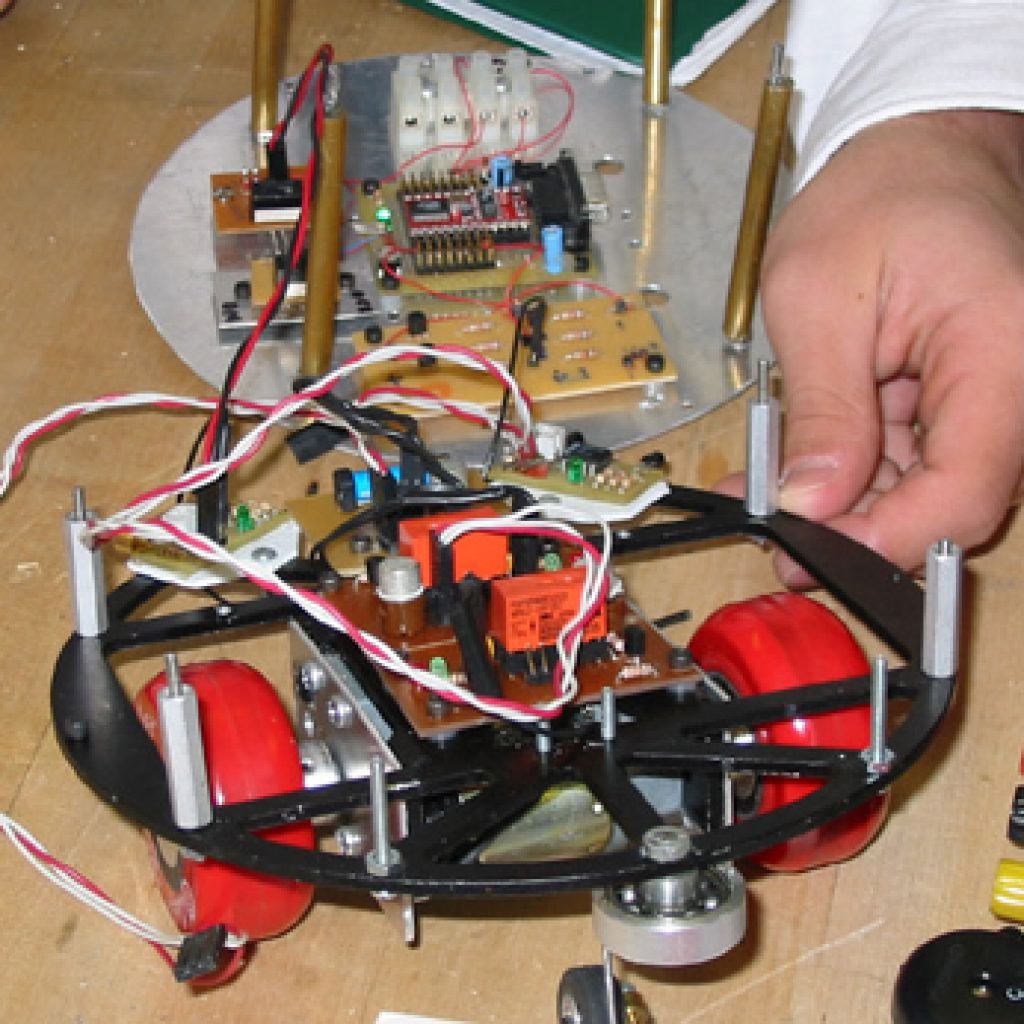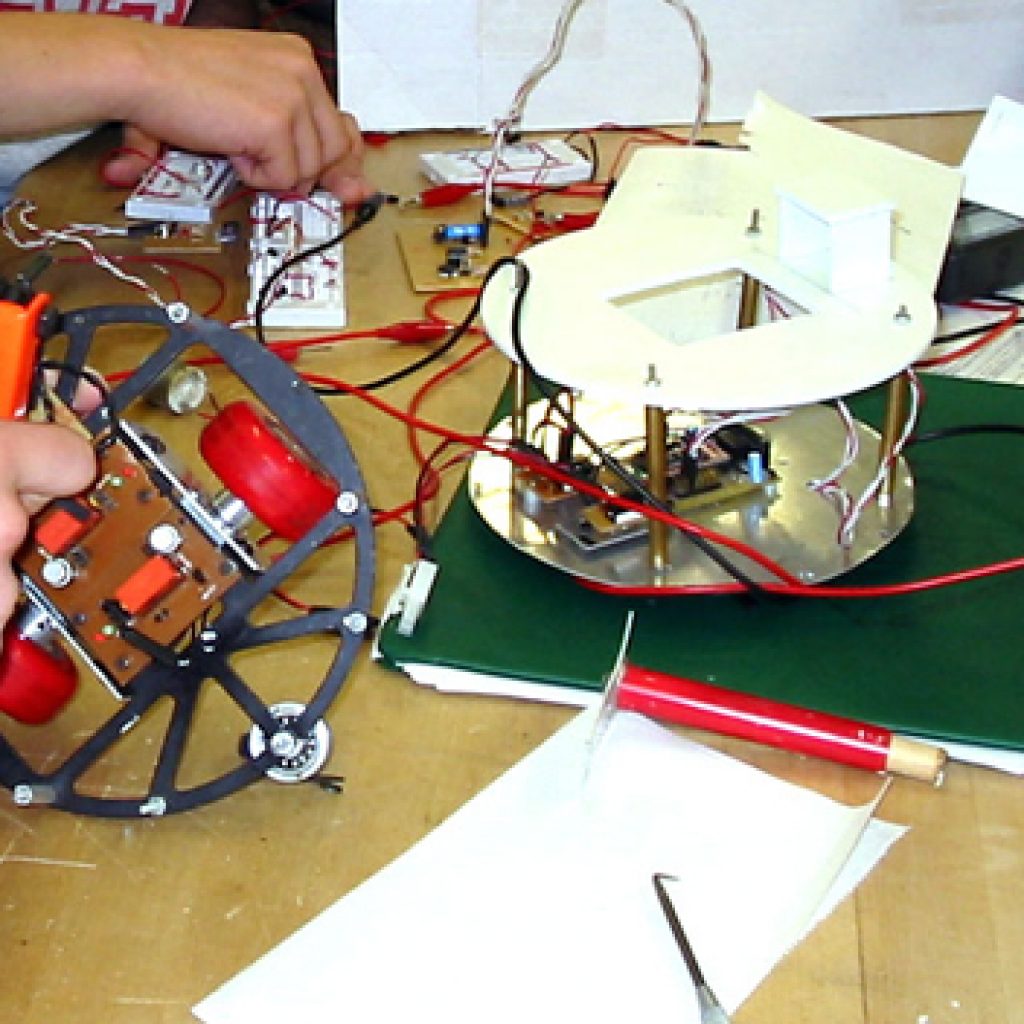Unlocking College Success: 8 Proven Strategies for the Aspiring Student Entrepreneur 🎓🚀📚
As the countdown to the new school season begins, I’ve been having some chats with the newest wave of freshmen and others going back to school. Each chat’s been a flashback, making me share those game-changing tips I wish I’d known when juggling the whirlwind of engineering classes and side hustling with startups.
So if you or anyone you know is heading to college this fall, here are a few tips that worked really well for me.
1. Treat College Like a 9-to-5 Job: In my first semester, my GPA was a mere 2.5. Instead of studying in between classes, I’d chill in my apartment, wrongly assuming good grades would follow. The next term, I committed to a 9-5 school routine, keeping away from home distractions. Suddenly, everything became manageable and way more productive.
2. Sync Up with Study Buddies: The above strategy felt a tad tedious until I teamed up with like-minded friends. We synced our schedules, adding an element of fun and accountability to our academic grind. Our time together also gave birth to new business ideas which then became actually companies we built together. We also ended up leveraging school resources for our companies. For example, we used giant engineering printers to make banners for our first company.
3. Be a Regular at Professor Office Hours: Like anything in life, building relationships is key. Frequent visits to professors not only clarify doubts but also help in forging genuine bonds. Remember, they’re often the ones marking your papers, so a positive impression goes a long way.
4. Pick a Practical Major: Some majors just don’t translate well in the job market. Instead of art or the dubiously termed ‘political science,’ (politics is not a science!) hone in on pragmatic fields like Science, Technology, Engineering or Math (STEM). Even if you don’t directly use the degree, the critical thinking skills acquired are invaluable.
5. Embrace ‘Work Hard, Play Hard’: Yes, diligence is vital, but so is downtime. After a long week of productivity, reward yourself with some relaxation and partying. These things feel a hell of a lot better after you’ve clocked in some productive hours.
6. Craft Your Own Curriculum (Bonus: Start a Company): Many institutions offer independent study options. I once teamed up with a professor, Nicholas Hitchon, to start a tech company as a course, which was both entrepreneurial and educational. For me, I needed 3 more credits of a specific engineering course so my friend and I proposed a “start our own technology company” course where we would literally start a company together and get engineering credits for it. So we did, launched The Campus Atlas, and checked off the last credits we needed for our major. In another independent study, we wanted to check out the new multi-million dollar engineering equipment, so we proposed a research project and got to spend time in an Intel-like lithography bay. Pictures below.
7. Launch a Startup: The college ecosystem is a rich environment for startups. Surrounded by smart minds and abundant resources, it’s the ideal incubator for your ideas. And hey, if it doesn’t pan out, college life continues. Need inspiration? Just look at Facebook.
8. Network with Alumni: Seeking counsel from successful alumni can open doors in unexpected ways. A simple request for career advice might evolve into job offers, insightful guidance, or valuable introductions. Plus, the very act of doing the cold outreach is a life lesson in sales which is useful no matter what you do.
Those are a few things I wish I had known earlier on heading into college. They were ultimately very helpful for me and maybe they’ll be helpful to you.
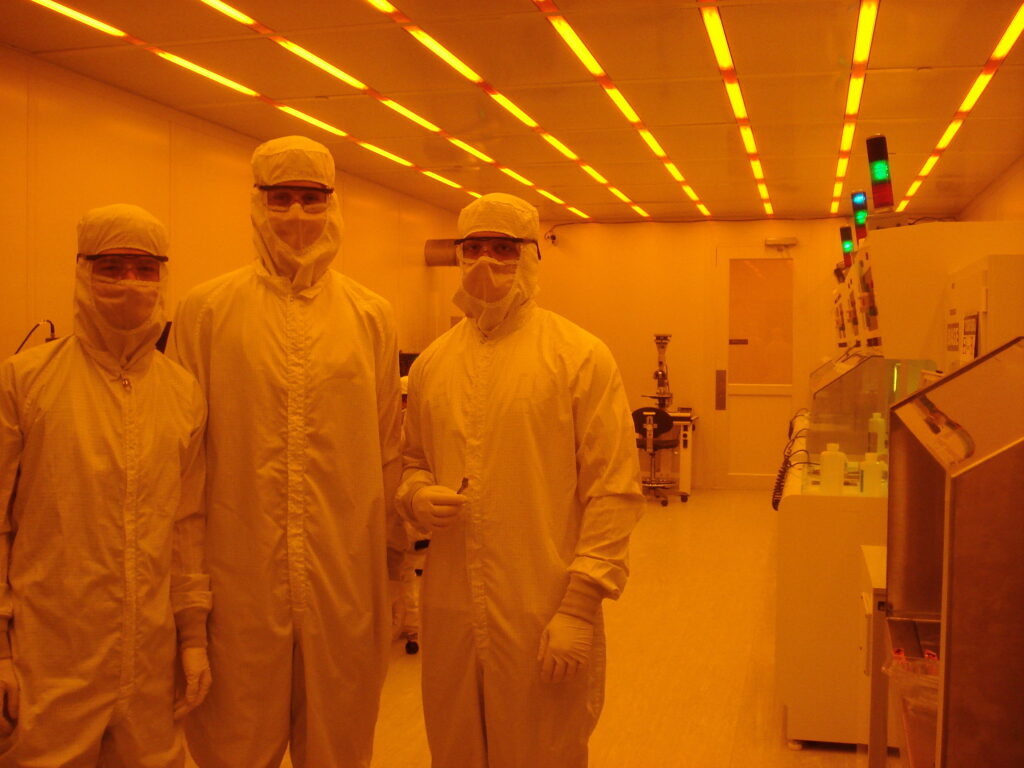
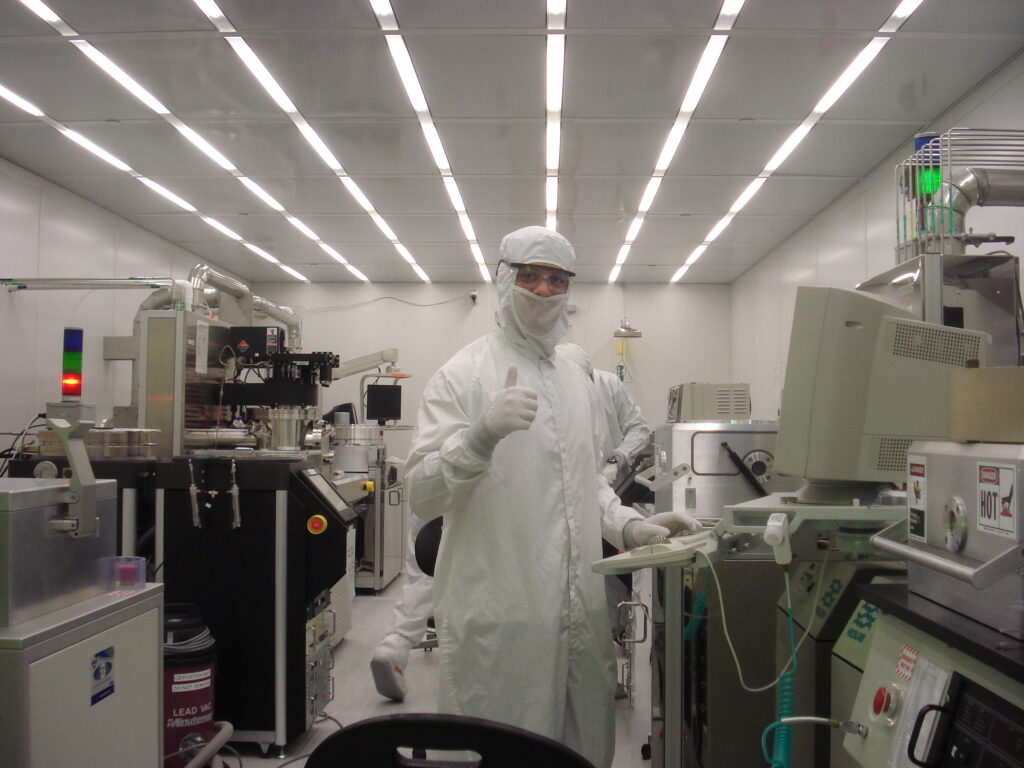
Me (2007) – Wisconsin Center for Applied Microelectronic Devices



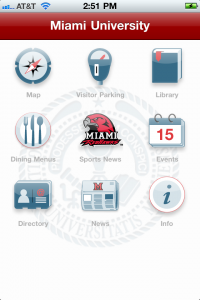


![Reblog this post [with Zemanta]](https://img.zemanta.com/reblog_e.png?x-id=336672d6-4205-408a-a47f-03f21b5fe1e0)
 Pretty soon those backpacks carrying 100 lbs worth of textbooks will be replaced by one, 10.2 oz
Pretty soon those backpacks carrying 100 lbs worth of textbooks will be replaced by one, 10.2 oz ![Reblog this post [with Zemanta]](https://img.zemanta.com/reblog_e.png?x-id=ff59907e-6554-401c-bc8f-424ea2d79094)
![Reblog this post [with Zemanta]](https://img.zemanta.com/reblog_e.png?x-id=9efcea52-ea65-459a-acc8-5bd1256ad195)
![Reblog this post [with Zemanta]](https://img.zemanta.com/reblog_e.png?x-id=a7040a03-8dbc-4861-82ca-733456bbeb53)
